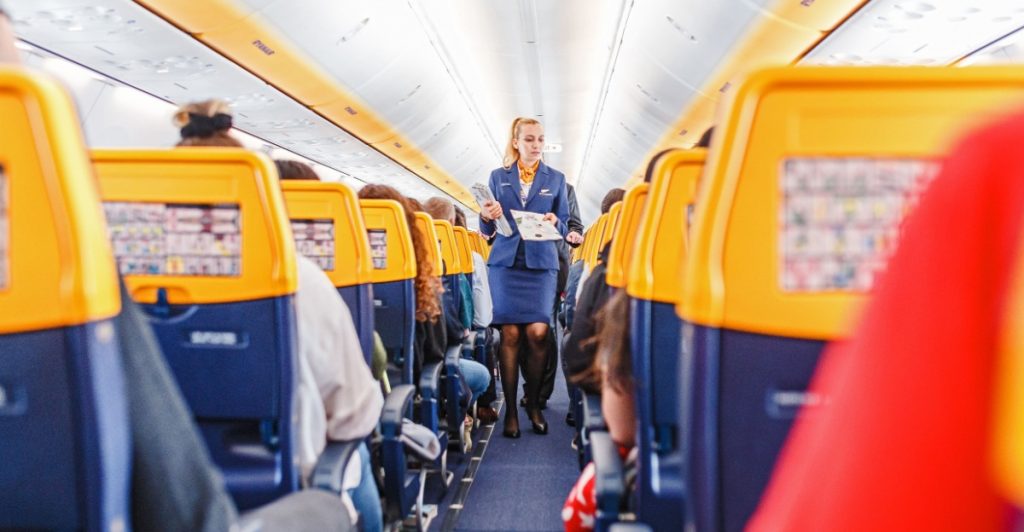Union dispute leaves dozens of crew members owing thousands as salary battle unfolds in Spanish courts.
Others are reading now
Tensions over labor conditions at Ryanair are flaring again, this time in Spain. After a court invalidated a pay agreement the airline had reached with one union, the company is demanding that some of its cabin crew return the wage increases they received in 2024 — and take a pay cut going forward.
The situation highlights Ryanair’s long-standing labor conflicts across Europe and raises new questions about how multinational carriers navigate union pluralism in different legal systems.
Pay Raised, Then Revoked
According to documents reviewed by Reuters, Ryanair asked flight attendants affiliated with the USO union to repay wage increases earned under a 2023 deal between the airline and rival union CCOO.
That agreement was struck down in March by Spain’s High Court after USO challenged it.
Also read
In response, Ryanair emailed USO-affiliated crew in April, instructing them to return the money and accept a salary rollback — unless they switched to CCOO membership.
A Ryanair spokesperson told Reuters the company was simply complying with the court ruling while it remains under appeal.
One cabin crew member, speaking anonymously due to fear of retaliation, said the company demanded he return €3,857 and has already lowered his monthly pay.
I’m paid close to minimum wage, and now they’re asking me to hand back thousands of euros.
He said dozens of employees had received similar repayment requests — and many have already complied.
Low-Cost Model, Long-Running Labor Tensions
Spain’s minimum wage currently stands at €1,184 per month. Like many Ryanair cabin crew, the affected employee’s pay depends on flight hours, often barely exceeding the legal minimum.
As reported by Reuters, the case underscores ongoing friction between Ryanair and its workforce, especially in markets where cost-cutting collides with labor protections.
Across Europe, Ryanair workers have staged repeated strikes in recent years over pay and conditions — and this latest episode suggests those struggles are far from over.


